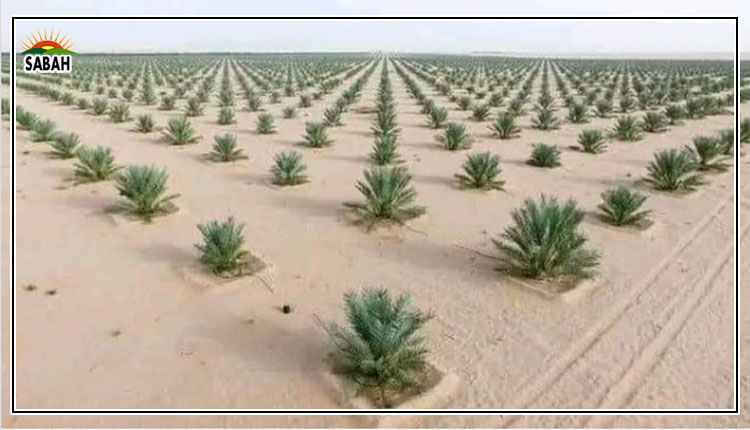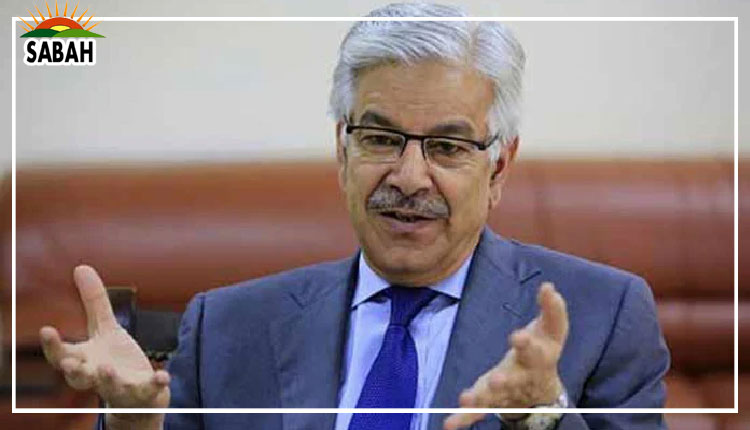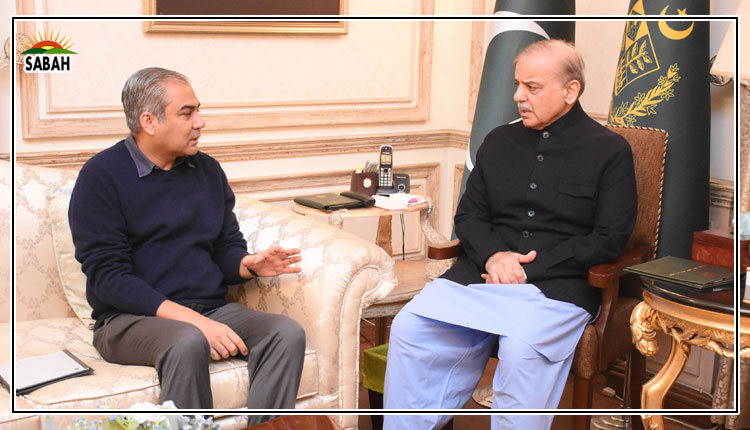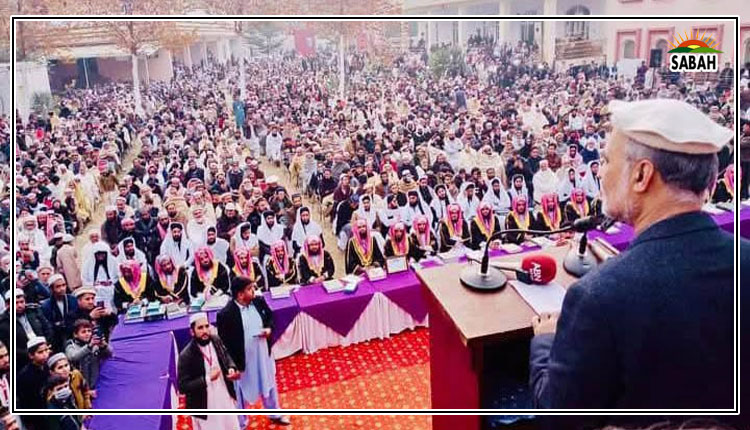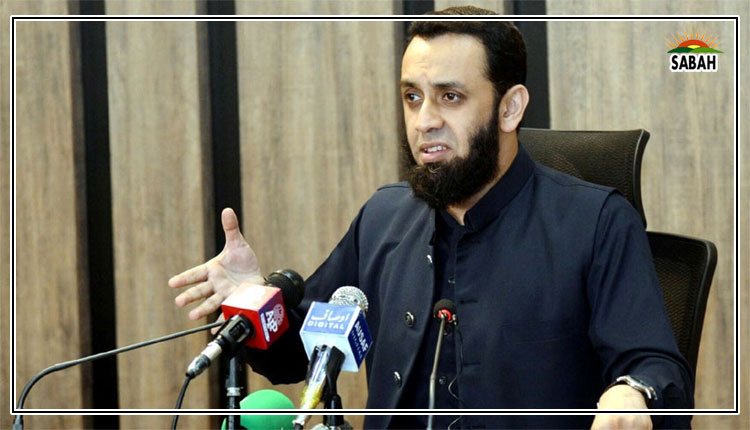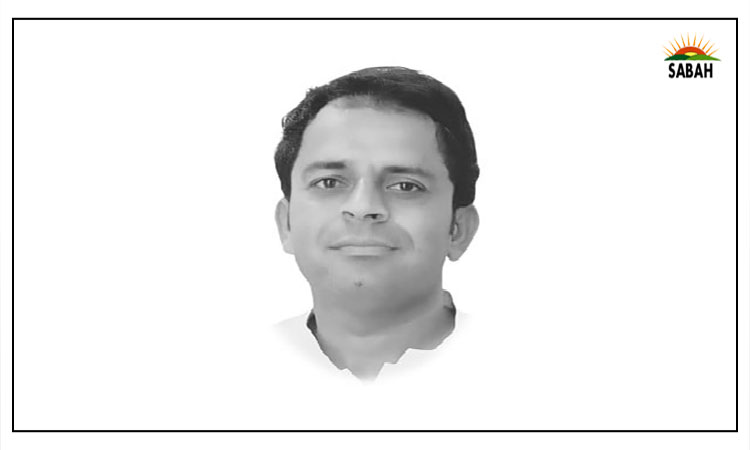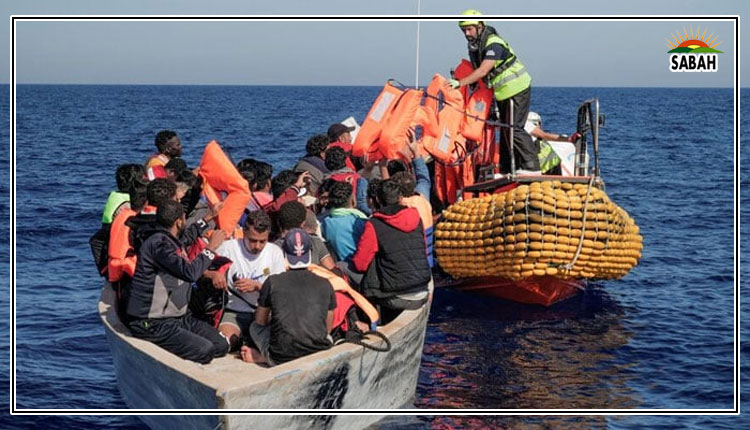This deathly lure of Europe … Ghazi Salahuddin
When you walk the streets in a major European city, you are likely to pass by immigrants who stand out because of their appearance. Some are visibly struggling to survive in a potentially inhospitable environment, particularly in harsh winter months. And these encounters would make you think about the Pakistani migrants who risk their lives to somehow find refuge in a European country.
Now, there are reasons why I am distracted by this theme of migration and human trafficking. It so happens that my wife and I have arrived this week in Italy, in the town of Monza which is very near Milan, to be with the family of our younger daughter. With winter vacations just starting, the idea is to celebrate this festive season. Because of Christmas and New Year, there is great excitement in the air and the city centres are alive with illuminations and joyous gatherings.
So, I was expecting to share this feeling of collective jubilation and write about some specific ceremonies that I am able to attend. An account of what it is like to be at the Milan cathedral at night would be interesting. But my arrival here has coincided with a tragedy that relates to Pakistan and to the sordid business of human trafficking. Besides, Italy becomes very relevant in these matters.
On Wednesday, it was confirmed that 40 Pakistanis had died after a boat of migrants had capsized in the sea near Greece. On Tuesday, authorities in Pakistan had reported the death of five Pakistanis and had said that 35 Pakistanis were missing. On Wednesday, the Greek authorities ended their rescue efforts, so the missing were all presumed dead.
Sadly, this tragedy was the replay of many similar disasters involving illegal immigrants who are smuggled by shady operators in dreadful conditions. We had suffered a much greater tragedy last year when 262 Pakistani nationals had drowned in the same area. Here, then, is another instance of how we do not learn our lessons and fail to take any corrective measures even after horrendous debacles.
As would be expected, Prime Minister Shehbaz Sharif has directed stern action against human trafficking and has demanded a report on the incidents of human trafficking during the last year. On its part, the Federal Investigation Agency (FIA) has registered six more cases against suspects allegedly involved in transporting the victims from Punjab to Libya, from where they were sent off to Greece on unsafe boats.
I have noted the coincidence of how our arrival in northern Italy was marked with the news of the death of 40 Pakistani migrants in a boat tragedy near Greece. This would underline the problem of illegal migration from Pakistan. Italy is one country that figures prominently in this story. A reference to this will be apparent in what more I have to report in this column.
Surprisingly, it was also on Wednesday that a ‘Country focus on Pakistan report’ was issued by EU Plus countries which said that Pakistanis lodged 28,000 applications for international protection in EU Plus countries between October 2023 to October this year. However, the monthly figures have followed a downward trend since reaching a peak in October last year when Pakistanis lodged around 3,400 applications. The number for October this year stands at 1,900.
According to this Pakistan-specific report, Italy was the main receiving country for asylum applications by Pakistanis, followed at a distance by France, Greece and Germany. EU Plus countries issued around 20,000 decisions at first instance on applications filed by Pakistanis. Just 12 per cent of the applicants were granted refugee status or subsidiary protection. At the end of October this year, nearly 34,000 decisions were pending at first instance, the report said.
This is a detailed report that also takes into account the various reasons for people in Pakistan to emigrate and seek protection in European countries. It outlines the political and security context in Pakistan, the main actors involved in shaping it, the role of the judiciary as well as the treatment of certain groups of the country’s population.
With an estimated 2.4 million people experiencing forced labour or forced marriages, Pakistan is rated as one of the countries with the highest vulnerabilities to modern slavery in the region. As of 2023, Pakistan did not fully meet the minimum standards for the elimination of human trafficking, although the government has made significant efforts to this end.
However, corruption and the complicity of state officials in trafficking crimes have hampered law enforcement and have created a culture of impunity. According to the report, the main human trafficking issue in Pakistan is bonded labour. Estimates of people affected by this evil range between three and 4.5 million.
An important point noted in the report is that violence in Pakistan has escalated since October last year, particularly in Khyber Pakhtunkhwa and Balochistan.
Now, Wednesday was also International Migrants’ Day. Its importance is certified by the fact that international migrants are seen as agents of change, making positive contributions to development in their countries of origin and destination. Literally, millions of people leave their homelands to move abroad. But there may be different incentives for this migration – in search of work opportunities, to pursue educational goals or to escape from violence, conflict or persecution.
Though the focus this week has largely been on human trafficking from Pakistan because of the boat tragedy, legal migrants from Pakistan play a positive role in the country’s development. Their home remittances totalled $ 30 billion only last year. But our system of labour migration is not so efficient, one manifestation of which is the human trafficking of the kind that this week’s boat tragedy has underlined.
With all this, I cannot even begin to explore the reasons why such an overwhelmingly large proportion of our youth seems desperate to go abroad. It may not entirely be for economic opportunities. They also want the freedom to be young, which is hardly possible in this country.


